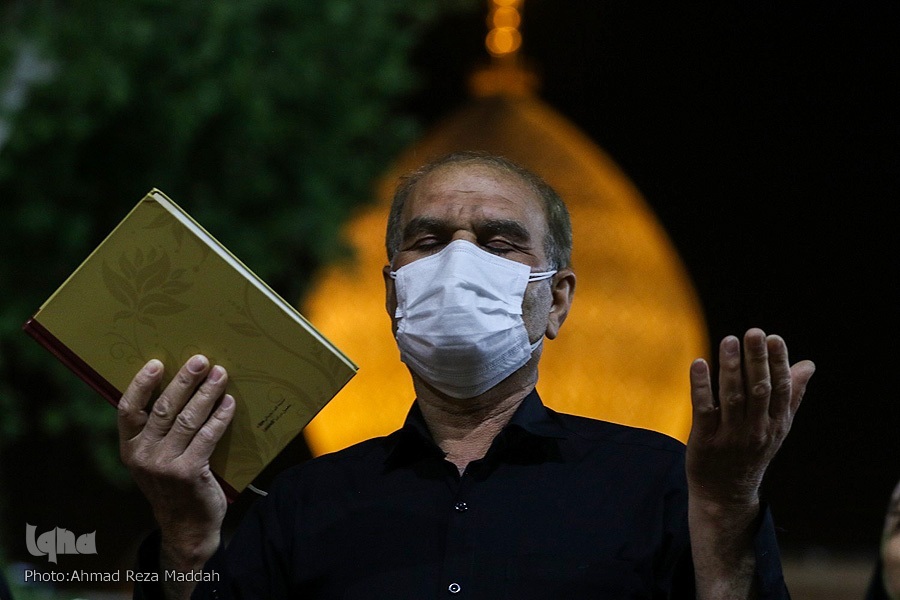Piety; God-Pleasing Lifestyle

Faith is the main axis of religiosity and Taqwa is the main axis of faith. The Holy Quran invites the believers to observe Taqwa. This gains special importance in the blessed month of Ramadan.
In the beginning verses of the Holy Quran, it is said “There is no doubt that this book is a guide for the pious” [2:2]. The book defines its specific audience from the outset, noting that the teachings of the book are supposed to guide pious people.
Taqwa is defined by concepts such as piety. We may often think of asceticism after hearing about Taqwa but the fact is that Taqwa is a God-pleasing lifestyle that manifests itself in a moral and devotional way. Taqwa is not a point, but a line and a pious person is one who moves forward on this path.
Ali (AS), the first man to believe in Prophet Muhammad (PBUH), is the one who showed us an accurate picture of a pious person. Many of his speeches, especially those mentioned in Nahj al-Balaghah, begin with an invitation to piety, however, in a special sermon on piety, he points to the tangible and practical characteristics of pious people.
* Ali ibn Abi Talib (600-661 CE), the cousin of Prophet Muhammad(PBUH), is the first one who followed the Prophet and was the husband of Hazrat Zahra (SA) the daughter of the Prophet. He is considered one of the people who played a role in writing down the Quran. Part of his speeches, which have great depth and special literary value, have been collected in a book entitled "Nahj al-Balaghah". This book has a special place in terms of credibility and content among Muslim scholars.
The article is a summary of IQNA’s interview with Seyyed Hamid Khoei, a Nahj al-Balaghah researcher.



